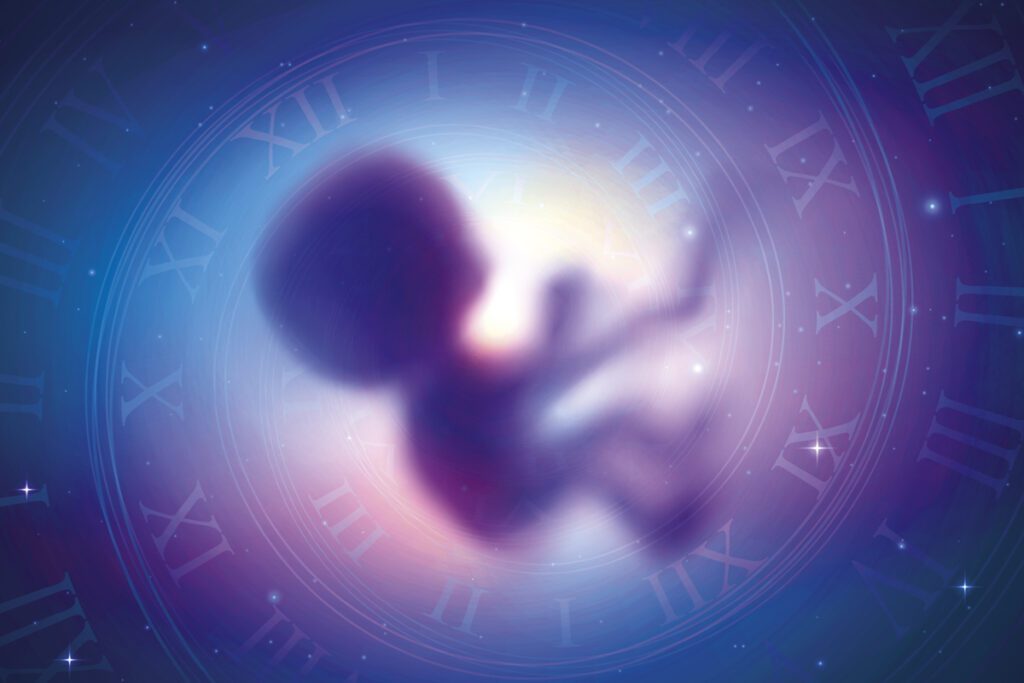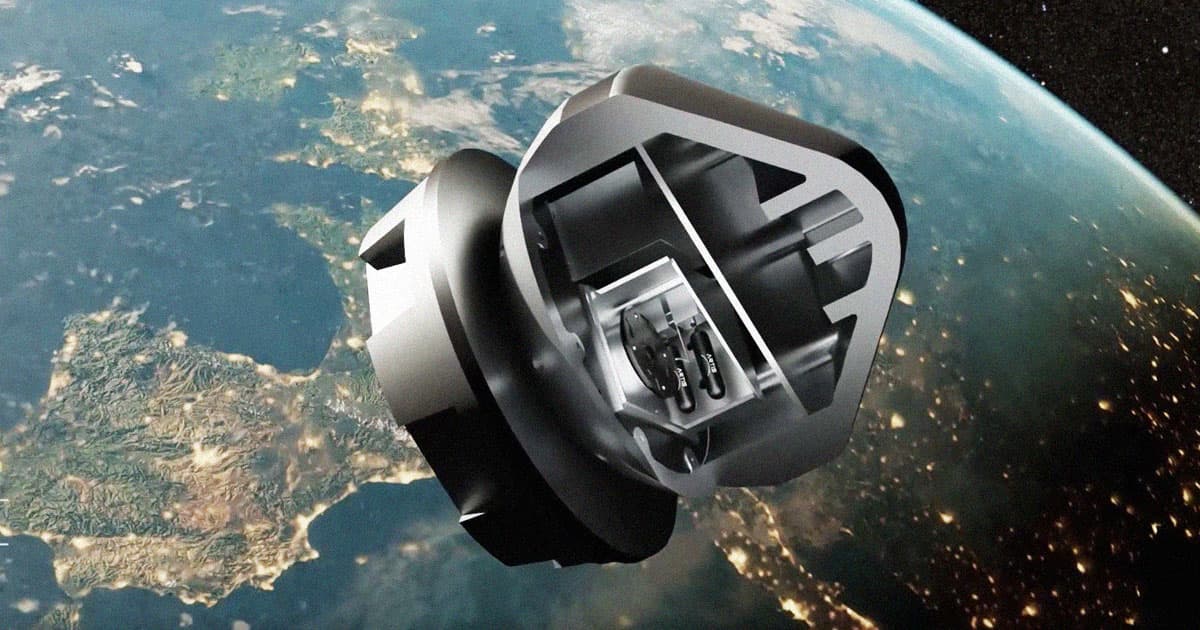SpaceBorn United, a Dutch startup, is challenging the boundaries of procreation as we know it. With the aim of making IVF possible in space, it is developing a miniaturized embryo incubator designed for space travel.
A frontier work that aims to make us understand more about the possibilities of survival and growth of our species on other planets.
The problem of life in space
Procreation in space is not simply a question of biology, but is intertwined with ethical, medical and technological issues. Second Egbert EdelbroekCEO Space Born United, natural conception in space may not be a good idea, both ethically and medically.
Research suggests that conceiving a child in space could involve significant risks, from harmful space radiation to potential alterations in the structural formation of embryos in a weightless environment.
To overcome these obstacles, SpaceBorn has developed a miniaturized embryo incubator, specifically designed for in vitro fertilization (IVF) in space.
How “space” in vitro fertilization happens
Described as the size of a CD-ROM, this device uses microfluidic technologies to miniaturize the apparatus needed for in vitro fertilization. The disk rotates to simulate the effects of Earth-like gravity, with several chambers containing female sperm and eggs.
The conception process can be programmed onto this disk, making it a fully autonomous, orbit-ready procreation laboratory.
Of course, there are still many challenges to overcome. Procreation in space, specifically the gestation of a human in an artificial womb, is a controversial area of research. International guidelines limit studies on human embryos to 14 days. Therefore, the ARTIS (assisted reproductive technology in space) missions planned by SpaceBorn over the next five years will begin with mouse cells. Subsequent missions, if approved, will involve human cells.

Frontier vision
As billionaires and corporations pour billions into the space race, Edelbroek stresses the importance of also considering the long-term survival of our species away from Earth. “It's pretty pointless to spend all those billions preparing settlements on Mars if we can't reproduce ourselves,” he said.
SpaceBorn United's vision is bold and ambitious, but it represents an essential step toward a future where humanity can call more than one planet home. And from now on, studies of this kind can help us also improve the tools for "terrestrial" in vitro fertilization: life always finds a way, right?


